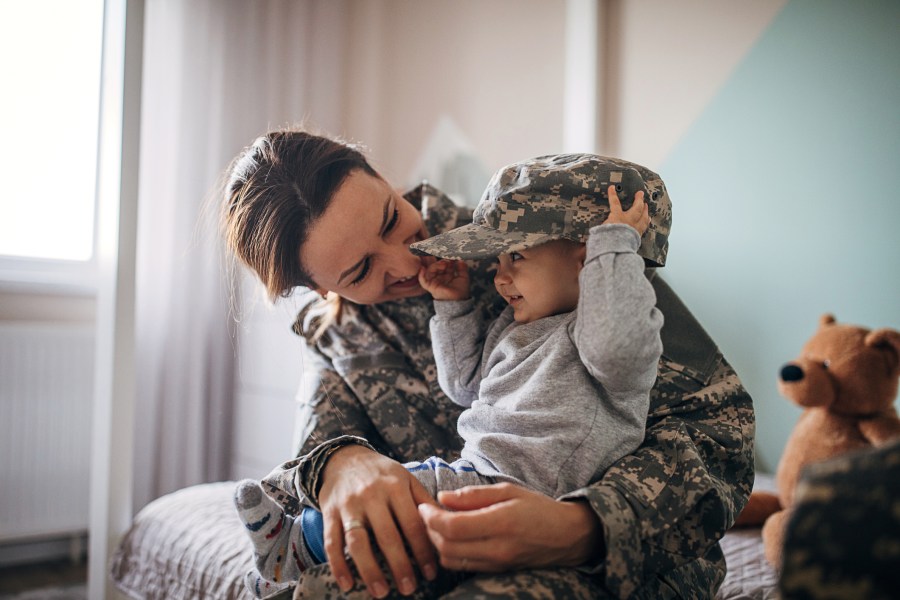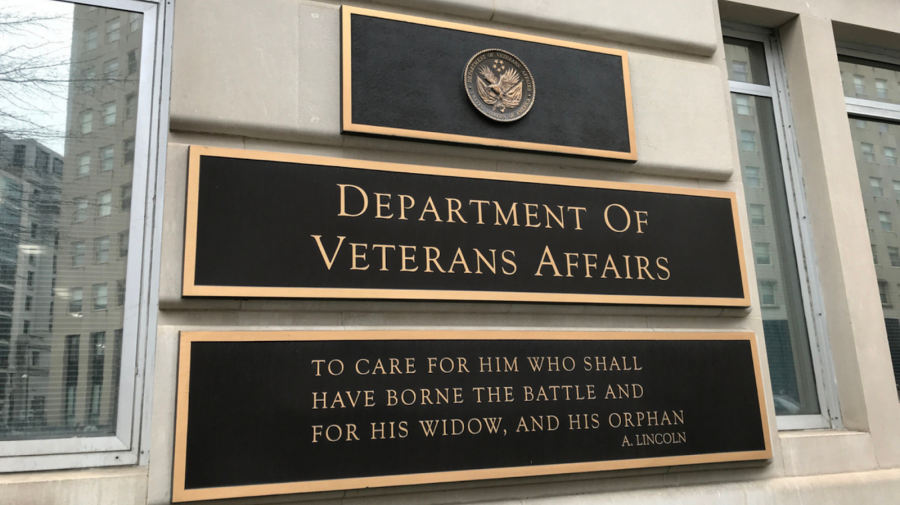
The U.S. military work environment is, strenuous, traumatic, and dangerous, and health issues both mental and physical are common after service. Over 80% of veterans experience sleep problems and PTSD and over 70% experience anxiety and depression, in addition to a myriad of physical ailments. The U.S. understands that it has an obligation to provide quality healthcare services to veterans, and that’s where the Veterans Health Administration (VHA) comes in. The VHA is the largest integrated system for healthcare in the United States.
However, a robust healthcare system doesn’t necessarily mean that accessing care is easy. Some studies indicate that only about 60% of veterans are accessing care, and a multitude of reports exist detailing the challenging process of utilizing VA services. Accessing this care is critically important, as we know that veterans face a disproportionately greater risk of homelessness and suicide than non-veterans.
Learning the answers to common questions such as “who is eligible for VA health benefits?” and ”is the whole family covered?” is a good starting point for seeking care. Here are a few things to know about VA health benefits eligibility.
What Are VA Health Benefits?

VA health benefits are for veterans who served in active military, air, or naval service. The health benefits support physical and mental health, including several services such as home health care, surgeries, medical equipment, and prescriptions. Appointments with medical specialists and checkups with primary care providers are covered too.
Who Is Eligible for VA Health Benefits?
Not every veteran is eligible for VA benefits. No matter how long they served in the air, naval, or active military, any veteran who was dishonorably discharged is disqualified from VA health benefits.

Veterans who enlisted after September 7, 1980, or started active duty after October 16, 1981, are eligible for VA health benefits, as long as they served for 24 months (2 years) continuously, or the full period for active duty. Veterans who served before September 7, 1980, are exempted from the minimum duty requirement and get VA benefits.
Veterans who served less than the required 24 months or didn’t complete their full active duty assignment are eligible for VA health benefits only if they were officially given an “early out,” were disabled in the line of duty, or had an earlier disability aggravated during active duty.
Current or former members of the National Guard or Reserves aren’t eligible for VA health benefits if they were on active duty for training purposes only. However, those on active duty by a federal order and served the full term are entitled to VA health benefits.
Fortunately, ineligible veterans can still be connected to mental healthcare. So, reach out to the Department and seek help.
Can Family Be Included in VA Benefits?
Family is included in VA health benefits, but they have to qualify and apply. A spouse, dependent child, or family caregiver may be eligible for VA health cover. The Department of Veteran Affairs offers several options.

The TRICARE program has comprehensive coverage that includes special needs care, dental plans, and prescription medication. Visit the TRICARE website and fill out details in the TRICARE plan finder to see plans you’re suitable for.
The Civilian Health and Medical Program of the Department of Veterans Affairs (CHAMPVA) is an alternative if you don’t qualify for TRICARE. CHAMPVA is designed for the current surviving spouse of veterans who died or were disabled during active duty. This option, however, isn’t as comprehensive as TRICARE and only covers some of your health service needs such as transplants, inpatient services, outpatient services, ambulance service, family planning, and maternity, among others.
You can also opt for other health benefits programs, including The Children of Women Vietnam Veterans Health Care Benefits Program (CWVV), The Program of Comprehensive Assistance for Family Caregivers ((PCAFC), The Spina Bifida Health Care Benefits Program (SBHCBP), or The Camp Lejeune Family Member Program.
What Are The Income Limits for VA Benefits?
Your income is one of the biggest determinants of whether or not you will qualify for benefits, or if you will be required to pay full or partial copays for treatment. Income limits depend on your area of residence and the number of dependents. Visit the VA official website to use the income threshold calculator that determines your specified threshold.

The Department of Veteran Affairs has an annual chart on income thresholds based on income from the previous year. Use the most recent chart to know if you’re eligible. You can also use the website to know income limits by state or county.
Where to Apply for VA Benefits
The VA health benefits application can be completed online by filling out the health benefits form, VA Form 10-10EZ. The first step is checking your eligibility for coverage. You’ll then have to fill in personal information containing your social security number, insurance information (including coverage via a significant other), and your military information. The Department uses this information to decide how soon you can be covered, the health care benefits you qualify for, and how much you’ll be required to pay.

The actual application process starts at the third step and takes about 30 minutes to complete. Once you’re done and have confirmed all details, the Department will respond via mail in a week.
Alternatively, you can apply by phone by calling the toll-free line on weekdays during working hours or apply by mail by downloading, printing, and filing VA Form 10-10EZ. If sending by mail, make sure that either you or someone acting as your power of attorney signs and dates the form.
You may also apply in person by filling and signing the application form, then drop it at your nearest VA clinic or medical center. If all of these options a bit overwhelming, you can hire an accredited representative to help out.
You Need Health Insurance Even If You Have VA Benefits
VA healthcare benefits are not considered a health insurance plan. Veterans, therefore, should have additional health insurance and provide these details alongside covers for their spouses when applying for VA health benefits. Ensure that you give correct information when filling out your form and that you’re eligible for coverage.

If you’re struggling to navigate the system, know that you’re not alone. There are a variety of non-governmental organizations that have been established to support and advocate for veterans, including The National Organization of Veterans’ Advocates and The Veterans of Foreign Wars.





